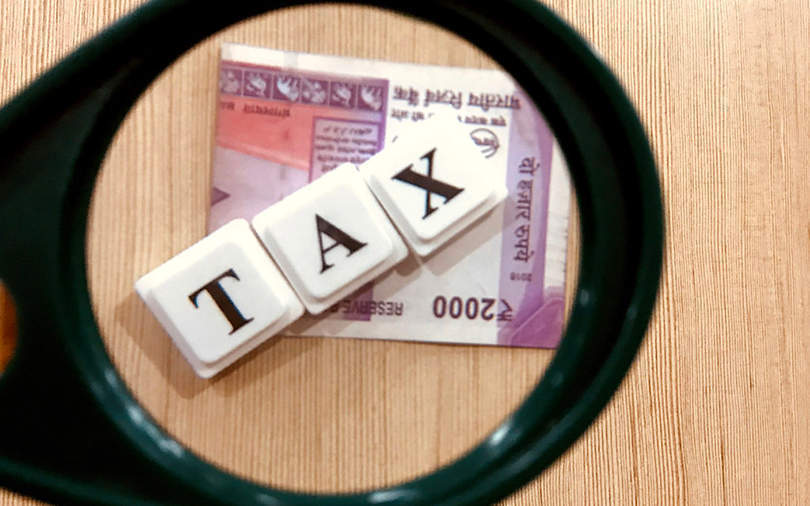
Budget 2019: Startups want easier taxation norms, KYC rules


Ahead of the first annual budget of Modi 2.0, emerging technology companies across sectors and startups in the Indian ecosystem have wish-lists for the government ranging from improving policies for ease-of-doing business to relaxing know your customer (KYC) norms for companies in the fin-tech space.
Here are a few sector-specific voices on the startup sector’s expectations:
Fin-tech

After the cabinet approved a bill to allow voluntary use of Aadhaar for opening bank accounts and avail telephone connections, players in the fin-tech space have been awaiting clarity on KYC norms.
“We will be expecting measures like the central KYC system and implementation of open API frameworks that will enable growth and development of the medium and small enterprises sector,” Harshvardhan Lunia, CEO of LendingKart, said. He further added that incentivisation of online credit products in line with insurance policies will also foster better financial inclusion.
“As part of the fintech industry, I expect the union budget 2019 to give a further thrust to the digitalisation of services, especially in terms of investment in infrastructure, availability of capital, incentivising digital payments as well as forward-looking regulatory policies for fintech to experiment and succeed,” Upasana Taku, co-founder, MobiKwik, said.

“Also, the benefits of the digital services value chain must percolate to the under-banked population, offering them affordable and accessible financial services like loans and investment products.”
“To promote higher penetration of important insurance covers like motor and health, GST could be brought down, which will also increase affordability,” according to Varun Dua, founder and CEO, ACKO.
“Also, FDI limit in insurance could be increased along the lines of the banking sector to bring in more capital to the sector. This will also help bring in global expertise and will encourage more startups in this space.”

Mobility
With electric vehicles (EVs) being given the necessary push, including a mention in the Economic Survey tabled today, startups in the space want ease of importing components not manufactured in India to speed up the transition. The Survey also mentioned making overall lifetime ownership cost of EVs attractive to customers as well as helping India evolve into a hub for EV manufacturing.
“GST for mobility vehicles should be reduced either by way of upfront reduction in rate or through refund mechanism,” Vivekananda Hallekere, CEO of Bounce, said. “Also, a single central policy on mobility and ride sharing so that it’s easier to solve for congestion through shared mobility like EV scooter sharing, bike pool and car pool.”

Tarun Mehta, co-founder of electric bike manufacturer Ather Energy, said, “As a manufacturer, we would like the Centre to review the current taxation framework applicable on raw materials and the final products. There is an inherent inverted duty structure as the GST input on raw materials and other overheads are on average of 18 % wherein the output is pegged at 12%. The proposed reduction of GST on EVs to 5% will increase this delta.”
Investment and ecosystem
While angel tax issue was believed to have been addressed, it has been a recurring issue as companies struggle to get a favourable decision on taxation on orders pre-dating letter of exemption from the Central Board of Direct Taxes.

“The government also needs to simplify the process of winding down a start-up,”said Ashish Sharma, CEO of InnoVen Capital. “It’s natural that some start-ups will fail but closing a company is a long and complex process today. A fast-track process for failed start-ups would make it easier for founders as well as investors. I would also highlight that the government did a great job in addressing the angel tax issue through active consultation with the industry and more engagement would always help.”
Geetika Dayal , executive director of investor industry body TiE Delhi-NCR, said there is a need to do away with outdated taxes.
Healthcare

Taxation of medical equipment under high GST slabs is a recurring issue. “It is perplexing to see medical equipment spare parts being taxed under the highest slot of 28%. We hope that there will be a critical evaluation of the situation, and there will be serious thought given to make healthcare essential equipment tax-free,” said Meena Ganesh, CEO of Portea Medical.
Pradeep Dhadha, CEO of online pharmacy Netmeds, said a formal framework for e-pharmacies is necessary for smooth operation of companies in the sector. “At the policy level, the ruling government has already drafted e-pharma norms after due diligence. Once a legal framework is set, medicine delivery and other health-tech startups will be able to operate within a conducive environment,” he added.
